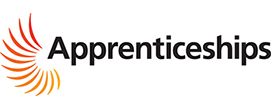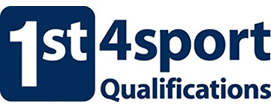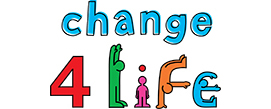Half of all disabled children do not feel comfortable taking part in sport, a charity has found.
Children with disabilities can greatly benefit from physical activity, as it can minimise the complications of immobility. It can also keep them mentally fit, and increase independence, team work skills and coping abilities. However, there are numerous barriers that can stop people with disabilities from being able to participate in sport.

Attitudes and Stigma
These can be seen as the most basic barriers, that also make the biggest impact in a negative way. In fact, more than 36% of parents said a major barrier to their disabled children is social stigma.
Prejudice and discrimination come from people’s ideas related to disability – which may include seeing disability as a tragedy, something to be cured or prevented, or an indication of lack of ability to behave as expected. This also fits in with stereotyping, when people think that those with disabilities have a poorer quality of life or are unhealthy.
Physical
Structural obstacles in environments can prevent or block mobility, making it difficult for people with disabilities to access and play sport. In addition, adapted equipment can be costly and unavailable, meaning that people with disabilities do not get the same opportunity as their peers.

General and Coaching
These barriers can affect and limit the delivery of health for people with disabilities and impairments.
Lack of time can play a big part in the role of stopping people with disabilities from participating in sport, especially in Schools and PE Lessons. This also goes hand in hand with inconvenient scheduling and lesson planning, as it can often mean that those less abled cannot participate in the lesson, or have to do an alternative activity altogether.
Lack of open mindedness can also put a barrier up to people with disabilities, when there is always an another way around the activity, it just requires thinking outside of the box.
By not considering disability a personal deficit or shortcoming, and instead thinking of it as a social responsibility in which all people can be supported to live independent and full lives, it becomes easier to recognize and address challenges that all people–including those with disabilities–experience.
Communication is always key, between coaches/teachers and people with disabilities, there are ways to combat barriers and minimise their effect.
It is also extremely helpful for parents to speak to teachers, to broaden knowledge to increase the success of sports lessons and tailoring them to children’s needs.





